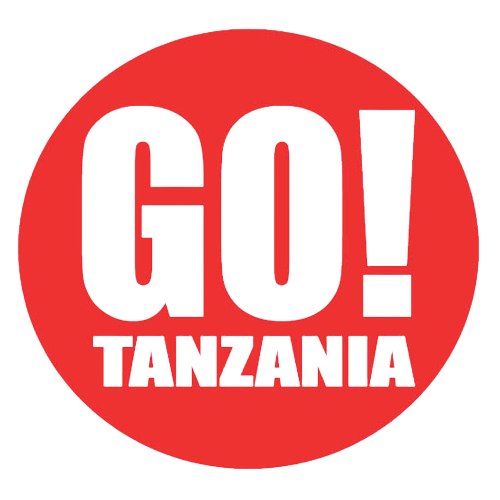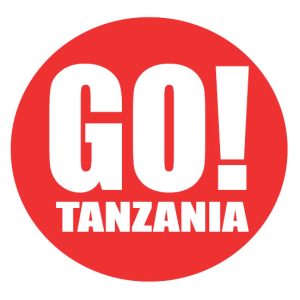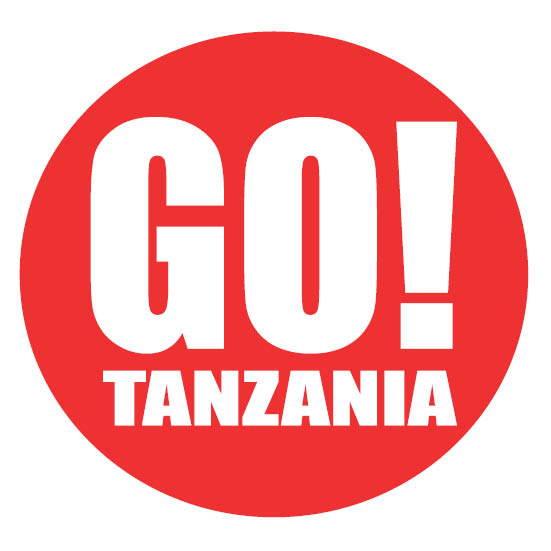
HARARE, Zimbabwe – Transport ministers from Zimbabwe, Mozambique and Botswana have signed a draft trilateral agreement for the implementation of the US$6·5bn Ponta Techobanine Railway Project which would improve links between the three countries.
The signing at a meeting in Harare on August 2 builds on a 2011 agreement to develop a deep-sea port at Techobanine 70 km south of Maputo in Mozambique.
This would be connected to landlocked Zimbabwe and Botswana by a 1 700 km mixed-traffic railway corridor using new and upgraded lines. This would enable coal mined in eastern Botswana to be exported to global markets.
The ministers noted that the existing railway linking Plumtree and Bulawayo in Zimbabwe is in ‘perfect working condition’. However, the route from Bulawayo to Chicualacuala on Zimbabwe’s southern border with Mozambique needs attention, and it was agreed that National Railways of Zimbabwe, Botswana Railways and Mozambique Ports & Railways will inject US$10m for upgrading. NRZ is to cover labour and ancillary costs including the procurement of ballast, lubricants and spare parts.
Mozambique’s government said this ‘marks a significant milestone in the collaborative tripartite efforts to upgrade existing railway infrastructure within the framework of the Ponta Techobanine Project, as directed by the three heads of state’.
Mozambique’s Deputy Transport Minister Florencio Allisone said his country’s government would ensure the full operation of the line which connects the port of Maputo with Zimbabwe. The replacement of sleepers on the Chokwe to Mabalane section to remove speed restrictions is to be completed within three months.
The line from the port of Beira to central Zimbabwe through Machipanda has recently been rehabilitated and would soon be fully operational, ‘thus providing an opportunity to choose the route that best suits the traffic needs of Zimbabwe and Botswana’.
-
NRZ has introduced drones to improve surveillance of its infrastructure. Rail components worth US$35 000 have been stolen or vandalised this year, but detection is improving and the courts are imposing penalties on offenders.
Source: railwaygazette.com



